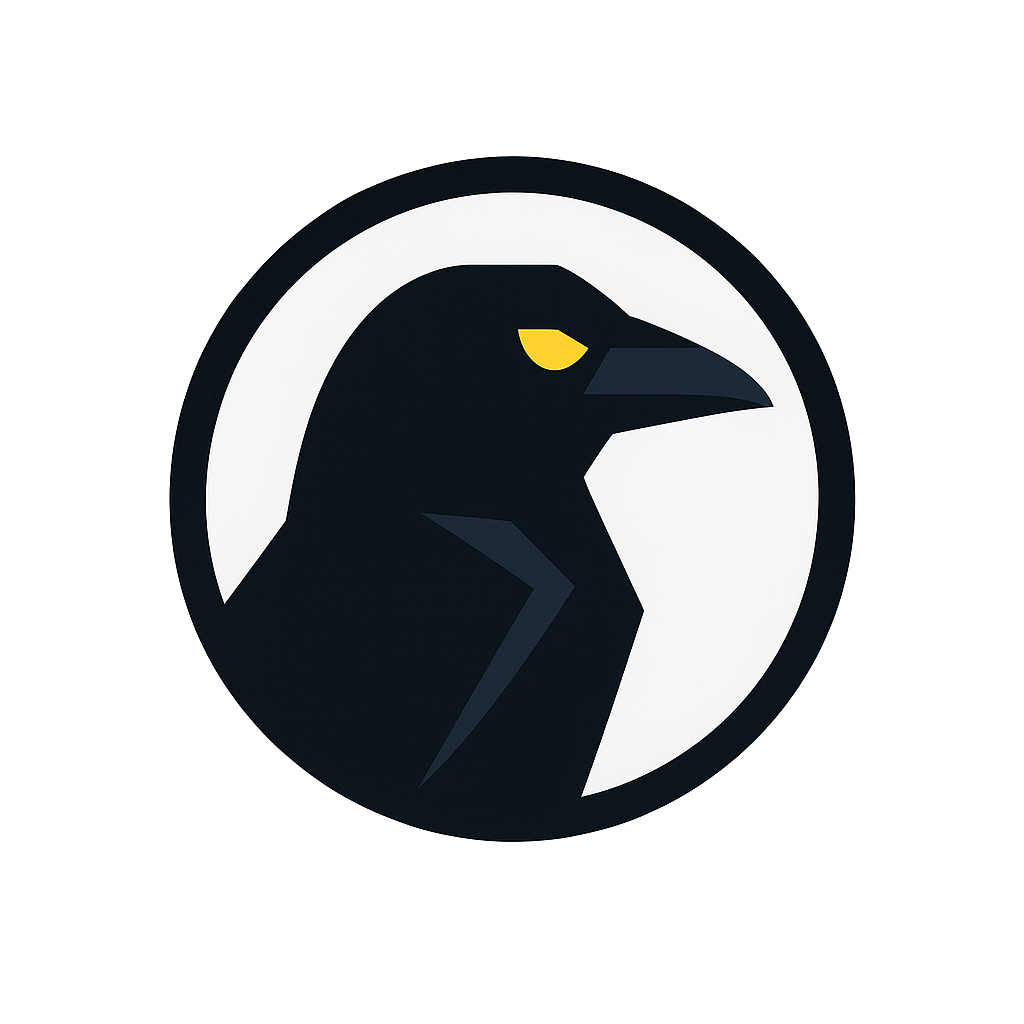TCP 8080
Synopsis
- Apache Tomcat listens on TCP 8080 by default; bundled Tomcat in Atlassian Jira/Confluence and Apache TomEE also serves their web UIs on 8080 out of the box.
- Jenkins CI server uses 8080 by default for its web interface.
- WildFly/JBoss and GlassFish/Payara application servers expose their default HTTP services on 8080.
- Eclipse Jetty and many Spring Boot applications default to 8080 for HTTP.
- Proxy software often uses 8080: Apache Traffic Server’s default inbound proxy port is 8080, and MikroTik RouterOS’s built‑in web proxy listens on 8080.
- Fortinet FortiGate’s Explicit Web Proxy feature uses 8080 as its default listening port.
- qBittorrent’s Web UI runs on 8080 by default.
- Google Cloud Run expects containerized HTTP apps to listen on port 8080 by default (PORT=8080).
- Security note: attackers frequently scan 8080 for exposed admin consoles (e.g., Tomcat Manager, Jenkins), and Kubernetes historically exposed an insecure API on 8080 that has been abused when left open (now deprecated/removed).
Observed activity
Last 30 days
Detailed chart
